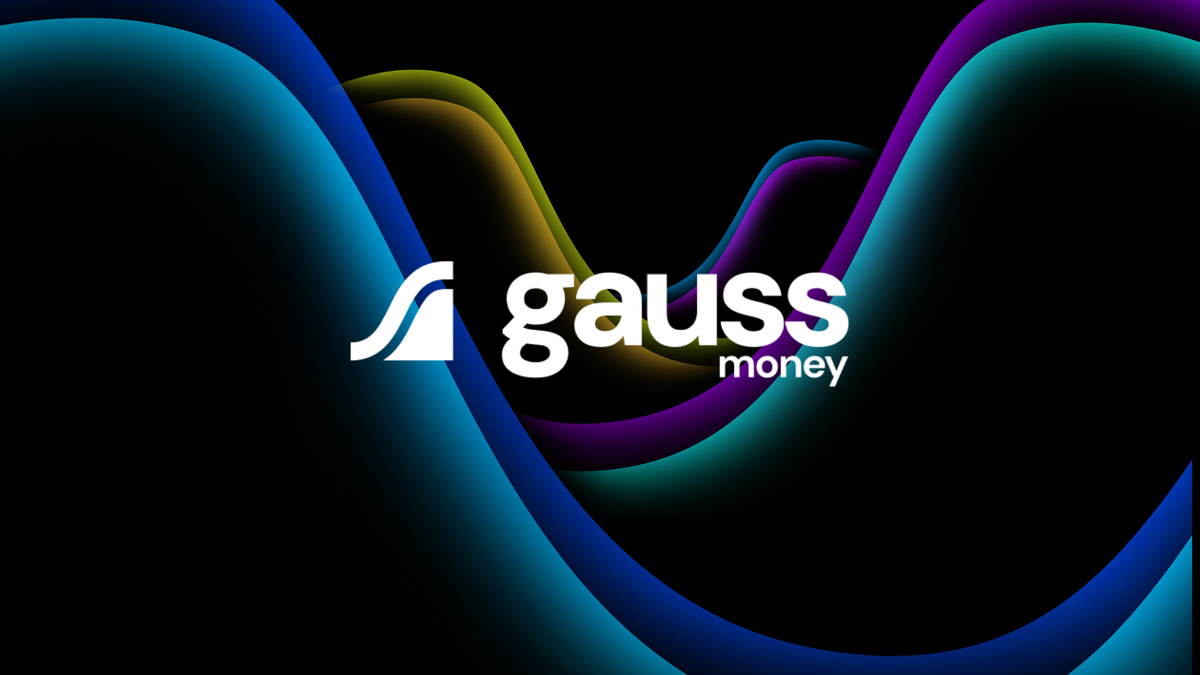Understanding a 710 Credit Score: Is It Good Enough?

710 credit score falls within the "good" credit range, positioned between 690 and 719. This score lags slightly behind the average FICO 8 score of 718, which saw a marginal increase from April 2022 to April 2023, according to FICO. Yet, it surpasses the average VantageScore 3.0 score of 695.
Decoding a 710 Credit Score
If you have a 710 credit score, you may:
- Qualify for certain credit cards and loans, provided you meet other criteria.
- Not be eligible for the lowest interest rates.
- Only be 10 points away from the “excellent” credit range (720-850).
Opportunities with a 710 Credit Score
When seeking credit, your credit score is not the only factor that matters. Other elements like payment history, job stability, and debt-to-income ratio are also considered. With a 710 credit score, you may not get the lowest rates, but it won’t hinder approval for many financial products.
Car Loans
A 710 credit score should be acceptable when financing a car. However, if you're financing a used car, you might pay 9.06% in interest while someone with a score above 780 pays 7.09%, as per Experian’s State of the Automotive Finance Market report for Q2 of 2023.
Home Loans
Technically, a 710 credit score is high enough to qualify for a home loan. However, in a competitive real estate market, some lenders may choose stricter qualifications to mitigate the risk of loan default. Thus, with a 710 credit score, you may not get the lowest interest rates available.
Credit cards
Several credit cards are targeted towards the good and excellent credit bands starting at 690. However, some 0% APR cards and premium travel cards require minimum credit scores higher than 710.
Personal Loans
Providing the applicant meets other qualifications, a 710 is a robust score for obtaining a personal loan.
Strategies to Enhance Your 710 Credit Score
Credit scores are dynamic, so you may be closer to — or further from — the excellent band than you think. To build credit, it's crucial to understand the factors that significantly impact your credit score.
Payment History: Pay On Time, Every Time
There's no better strategy than paying on time. If you can’t, remember, the later a payment is, the more it can damage your credit. Payments late by under 30 days won’t get reported to the bureaus but might incur a late fee.
Credit Utilization: Keep It Low
The less of your credit limits you use, the better for your score. Most credit experts recommend maintaining your balances at less than 30% of your credit limits — the lower, the better. The highest scorers keep theirs at less than 10%.
Account Age: Retain Old Credit Cards
Closing a credit card can increase your overall credit utilization as your overall credit limit shrinks. It can also reduce your average age of credit, especially if it’s an old card. If the card has a large credit limit and you’ve had it for a long time, consider keeping it open.
Credit Applications: Space Them Out
Multiple credit applications can dent your credit score. Ideally, space out applications by about six months.
The Impact of a Late Payment on a 710 Credit Score
A single late payment can significantly harm a 710 credit score. If you can pay within 30 days of the due date, it won’t be reported as late, saving your credit score from getting affected.
Conclusion
While a 710 credit score is considered good, it might not qualify you for the lowest interest rates. However, with careful financial planning and responsible credit management, you can improve your score and move towards the "excellent" range. Remember, your credit score is not stagnant and understanding the factors that influence it can help you build a stronger financial profile.
Do you have unpaid credit cards?
Gauss money can help pay off your credit cards easily. Pay off any credit card balance using a low-interest credit line from Gauss. You’ll save with a lower APR and you can pay off balances faster. Gauss offers no annual fees, no origination fees, and no fees of any kind. Check out Gauss for a lower APR today to maximize your credit cards.
Use tools like the credit card payoff calculator to visualize your progress overtime, and get insights into how much you should put towards your debt to achieve your debt free date. Our debt payoff calculator and debt tracker is 100% free to use via our website or our mobile app.
Give yourself some credit with Gauss Credit Builder. Start building credit in just a couple of days not months.
